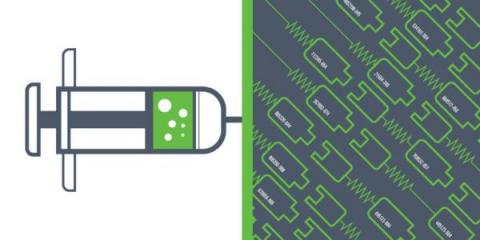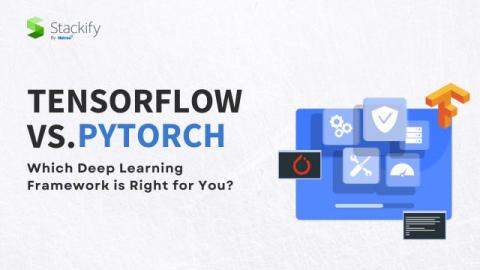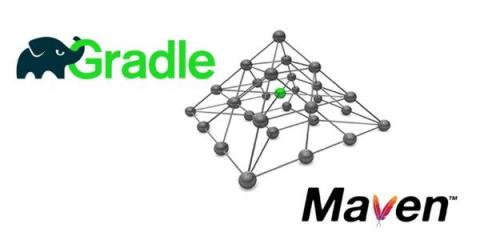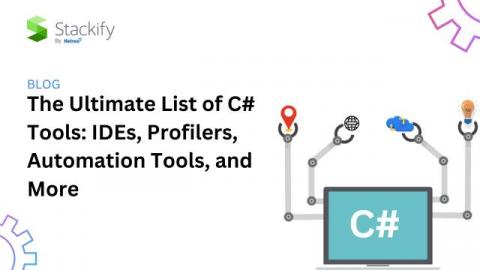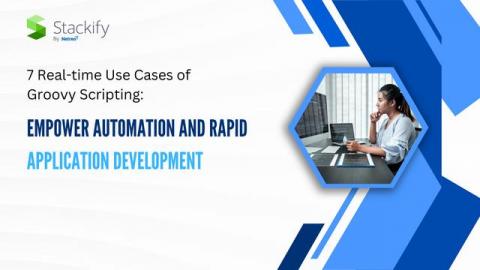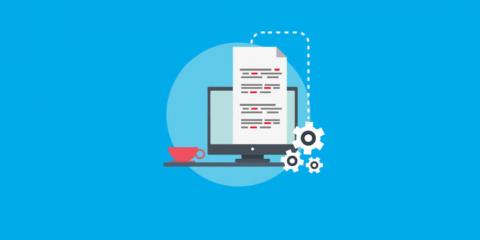How C# Reflection Works With Code Examples
To write code that can read, examine and even write code in runtime. Sounds like magic? Welcome to the world of C# reflection. Being able to write code that can examine and modify other pieces of code dynamically is quite a useful power. That’s what we call reflection, and in this post, you’ll learn how C# reflection works. We’ll open the post by covering some fundamentals. What is reflection in C#? Why do people use it? We’ll break all that down for you in plain English.



